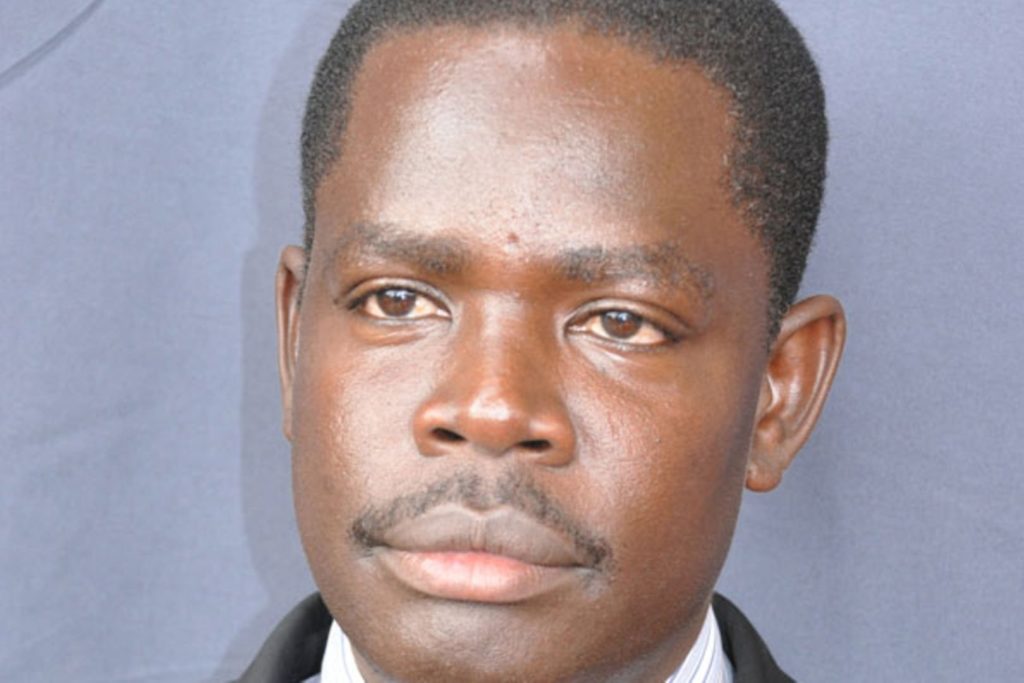Ekanya unmoved by FDC faction resolutions

A section of political actors has weighed in on the deepening leadership crisis in the Forum for Democratic Change (FDC) party.
This after an extraordinary meeting yesterday unanimously resolved to throw out their party president Mr Patrick Amuriat and secretary general, Mr Nandala Mafabi, naming an interim leadership headed by Kampala Lord Mayor Erias Lukwago.
Amuriat, Nandala, the party treasurer-general, Mr Geofrey Ekanya, and electoral head Toterebuka Bamwenda were declared suspended by the national delegates’ conference on Tuesday.
However, Geoffrey Ekanya, says that they do not rrecognise the Lukwago–led faction, describing it as a mere pressure group.
Ekanya adds that their resolution has no effect on FDC leadership at Najjanankumbi, noting that their actions are illegal and will be handled accordingly.
“FDC has a constitution, we operate under the Constitution of Uganda guided by the Political Party and Organisation Act. That meeting that took place in whatever place purportedly to have taken any resolution…that resolution on the FDC will not be implemented because it has no effect of law,” Ekanya told KFM.
The conference was convened against many odds by the FDC national chairperson, Mr Wasswa Birgwa in the wake of a bitter leadership contest that has split the party into two factions.
Meanwhile, outside the FDC, other political analysts have also spoken out on the current FDC troubles.
Peter Walubiri, a senior counsel says this is a clear sign that even when the Constitution was amended to allow political parties to function, Uganda has largely remained essentially a one-party military dictatorship. He says the discussion of multi-party democracy is a misplaced one in Uganda.
Sarah Bireete, the Executive Director, Center for Constitutional Governance says this is an attempt to capture the political parties and make them dysfunctional by the ruling government, a claim the NRM has often denied.
While Luyimbazi Nalukoola, a former Democratic Party legal adviser says in a free democratic society, political parties are supposed to be left to use their internal mechanisms to resolve disputes, which is not the case in Uganda now.








